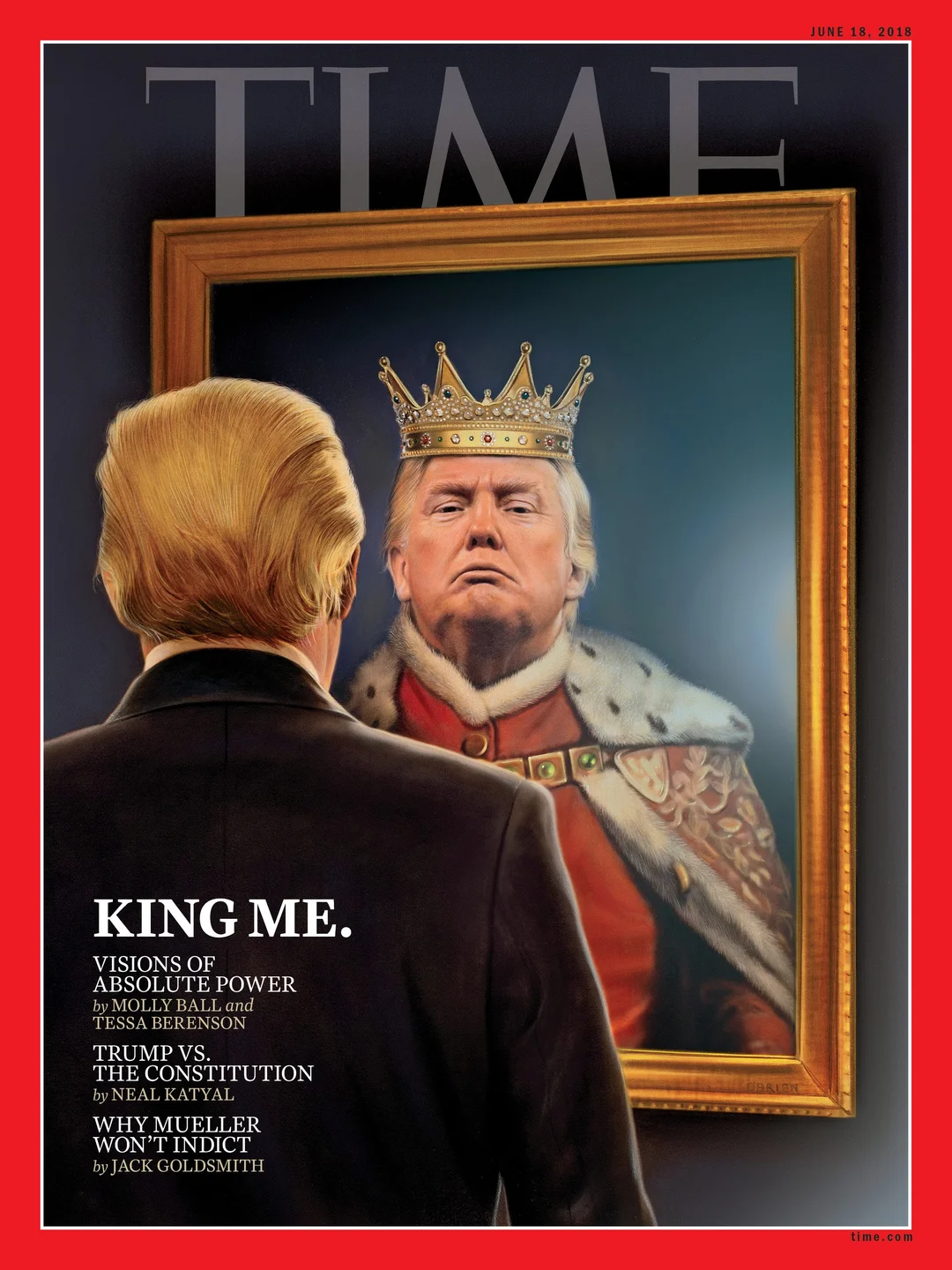
Is America Dancing with a Mad King?
The American political landscape is currently observing a critical and tumultuous phase, particularly regarding the actions and policies of former President Donald Trump. As Trump embarks on his second term, a pattern of impulsiveness and grandstanding emerges, leading many to question whether he is driving the nation towards chaos or revealing a hidden agenda for revitalization, particularly in terms of trade and foreign policy.

Historically, Trump's political style has been marked by grand gestures and theatricality, often described as "showmanship." Critics argue that he employs misdirection to shift public focus away from underlying issues, utilizing fractious rhetoric and controversial policies. This tactic has reached a fever pitch as he advocates for across-the-board tariffs while his administration grapples with economic panic driven by impractical policy execution. For instance, one recent announcement about tariffs raised significant concerns about their impact on both domestic and global economies.
Amid these chaotic moves, Trump appears to send a pointed message, particularly to China—ushering in a new era of American manufacturing independence. As he faced backlash for the tariffs, signaling a potential economic fallout, he quickly adapted by promising to recalibrate his approach. “The formula Trump used to calculate his tariffs was not just ill-advised but nonsensical as well,” remarked one political analyst, emphasizing the inconsistency of his administration's stance. This inconsistency raises critical questions about whether his actions amount to strategic policy maneuvers or impulsive reactions to chaos.

As Trump presses on, the sentiments within congressional chambers have also depicted an alarming alignment where many Republican leaders have remained silent, allowing his agenda to unfold with little resistance. A significant concern is the erosion of civic institutions, as exemplified by the hesitance of universities and law firms to stand firm against government peer pressure, raising fears of autonomy being compromised, reminiscent of warnings from historical precedents.
The ramifications of Trump's actions are highlighted further by cutting federal funding in areas critical for public health and education, such as the National Institutes of Health and initiatives combating HIV. Such tactics are perceived as a calculated move to consolidate power and induce compliance among institutions traditionally deemed independent.
As events unfold, a question looms over the American electorate: Will they assert their voice against what some scholars perceive as a growing threat to democracy? As historical scholars have noted, “The stakes are clear: a commitment to a constitutional republic that promotes individual liberty is paramount,” signifying the high stakes at play.
The American public now faces a crucial juncture where they must decide whether to rally behind civic ideals or acquiesce in the face of authoritarian tendencies. It remains to be seen whether Trump's presidency will catalyze meaningful change or whether it leads to civic disintegration.
As political analysts and citizens alike wonder what’s next for America under Trump's leadership, will the public rise to prove their commitment to democratic ideals, or fall victim to the whims of a Mad King? Share your thoughts below.